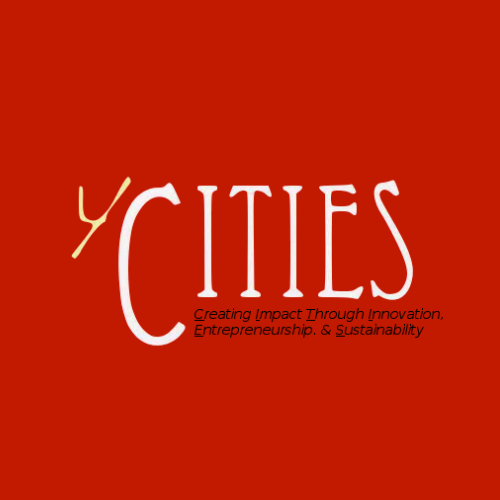Earlier this week, I read a blog on the Huffington Post that got me thinking about knowledge, access to knowledge, and education in the 21st century. (Actually, I think about these things often, but allow me this introduction;-) The blog post written by Don Tapscott was a response to discussions being held at this year’s World Economic Forum in Davos, Switzerland.
For the past few years, conversations among many in education circles have centered on concerns that many, if not most, of our colleges and universities will not survive competition from the Internet. There is a great debate going on about the value of a traditional college education in today’s tech-driven environment, and we should open that discussion in the Youth CITIES community. However, with this post, I would like to focus on one aspect of Tapscott’s post – MOOCs (massive open online courses) and the idea that knowledge, even elite knowledge, can be free to to all.
In 2001, MIT announced an initiative called OpenCourseWare (OCW) to publish virtually all MIT course content on the web – free, open and available to the world. Since that time, MIT has made materials from over 2000 courses available online, and the site has received more than 125 million visitors.
If you’ve ever seen the movie Good Will Hunting, you probably remember the Harvard bar scene when Will has a history face-off with a Harvard grad student. While Will proves that a library card (read access to knowledge) can be a great equalizer, you can’t help but cringe at the harsh truth that there may not be a great company out there ready to hire Will for what he read at a library. It does, to some extent, matter where you go to school because those unique experiences, connections, and networks influence the opportunities you may find next in life.
Today, the Internet is our library card, and information can be shared at an amazing rate. We can build our base of knowledge with as little as a smartphone and WiFi connection by access course materials (readings, presentations, lecture video, etc.) from some of the world’s most prestigious institutions like MIT.
Yet, what good is all of that knowledge if it doesn’t allow us to get good jobs??
Well, for starters, the entrepreneurs and innovators among us will take that vast knowledge and create business and employment opportunities for themselves. For the less entrepreneurial, the future may still see accreditation for open, online learning.
Last year, MIT partnered with Harvard to create edX, a nonprofit organization that features college-level courses designed specifically for interactive study via the web. Many of the edX courses offer a certificate of completion, which has yet to prove its worth in the resume-examining world. As MOOCs gain traction and credibility in the eyes of employers, however, our college experience could become much more like a Web-driven version of Will Hunting’s education in the library. Which books will you read courses will you take?
